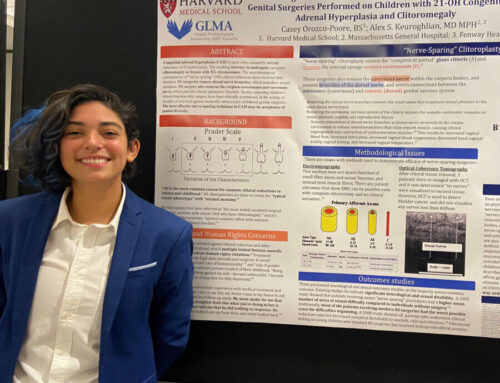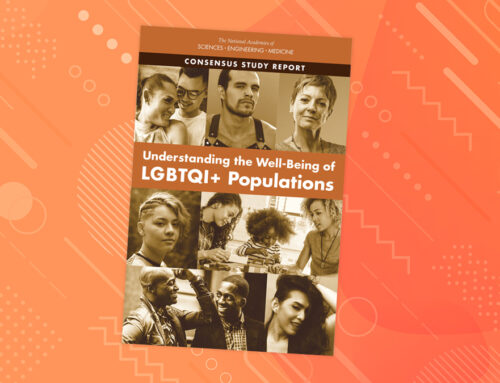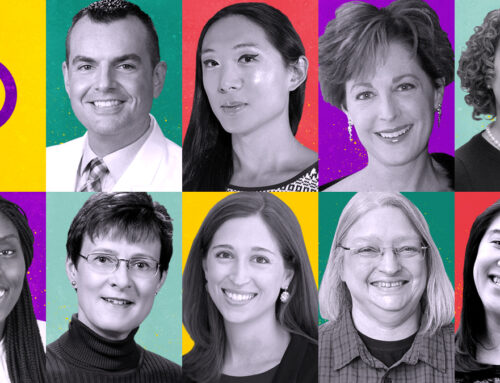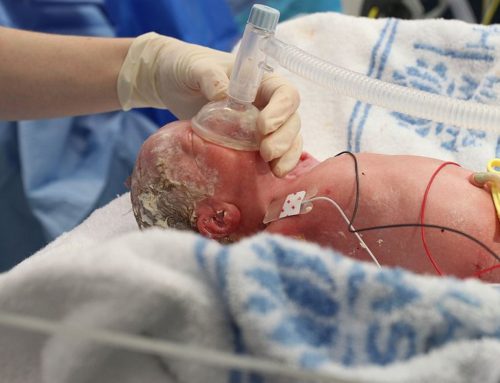Earlier this year, two research publications which our staff members Bria and Marissa collaborated on, “Support the Shit Out of Them:” Intersex Emerging Adults’ Recommendations for Caregivers of an Intersex Child and Growing Up Intersex: A Thematic Analysis of Intersex Emerging Adults’ Key Socialization Experiences in Childhood and Adolescence were published in the academic journals Sexuality & Culture and Sex Roles. The research articles are the work of Dr. Shelby Astle, a researcher with a PhD in Applied Family Science. Marissa sat down with Dr. Astle to learn more.
Marissa: Can you share what inspired you to investigate the experiences of intersex emerging adults?
Dr. Astle: After doing research on sex education and sexual socialization for 4 years, I noticed an extremely large gap in our existing research. No one was talking to intersex individuals about their experiences and needs. Instead, the field at large remains unaware that the stereotypical and endonormative way that we teach young people about sex development, puberty, and all that goes along with that, is inadequate. I wanted to do this research to add the voices of intersex individuals to our larger conversation about what holistic and inclusive sex education really means.

Marissa: What was the most surprising or novel information your study revealed?
Dr. Astle: One of the most surprising things I saw in our research was the commonalities across participants’ experiences. Every participant I spoke with had their own unique background, identities, experiences, diagnosis, body, etc., but they shared so many similarities. One result of stigmatization is shame and isolation, but if anything, this research proves that the overarching challenges, trauma, pain, wins, and healing intersex people have experienced are shared. In reading stories from our participants highlighted in this study, I hope intersex individuals can see and use the common humanity they share with other intersex individuals to combat shame, while exploring how their own stories are unique.
Marissa: Is there anything you think your research has demonstrated as a need for future research or investigation?
Dr. Astle: Absolutely! The biggest need I see now is to continue hearing from intersex individuals. For example, our sample was largely White, which means we have limited representation in intersex stories of how having a minoritized racial identity and experiencing racism or colorism come into play when developing meaning-making around being intersex. Further, our sample didn’t represent all variations in sex development or people who distance themselves from the term “intersex.” Overall, we need to continue having these conversations with intersex individuals from a diverse array of backgrounds, beliefs, and identities so that we don’t end up centering White, able-bodied, and upper class experiences in our advocacy work.
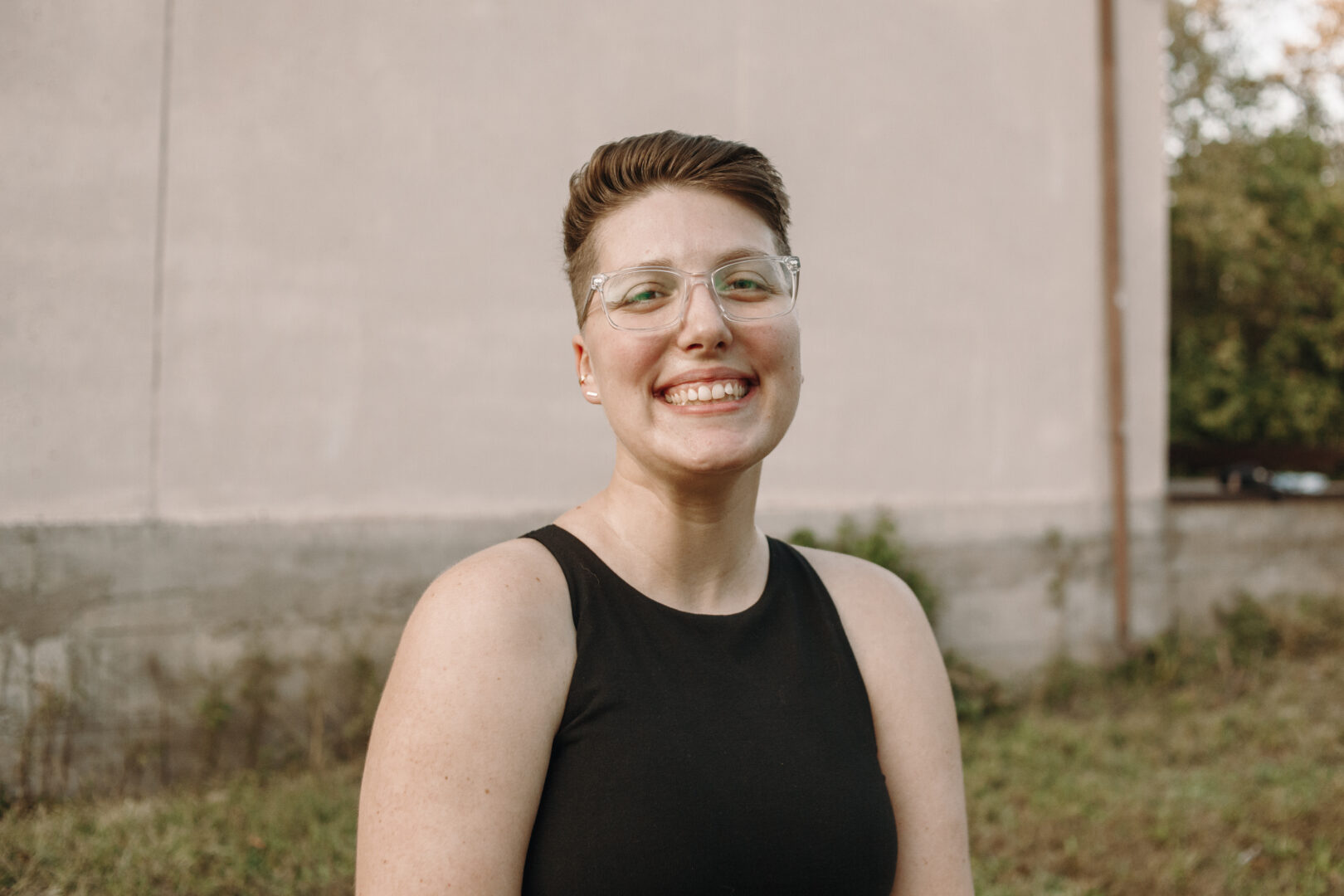
Dr. Shelby Astle
Marissa: You collaborated with interACT from the inception of your research. Why is collaborating with intersex organizations/intersex people on higher education research about intersex matters important?
Dr. Astle: Collaborating with interACT was absolutely crucial to the success of this project. In researching intersex topics, it’s vitally important for researchers to collaborate with intersex organizations and individuals because we don’t always see our own biases and assumptions. Intersex organizations have so much expertise, connections, and insight to share. Sure, I’ve been trained in how to do research, but I don’t have the experiences and knowledge that people in the intersex advocacy world have. I’ve been so grateful to our interACT partners Bria Brown-King and Marissa Adams and have learned so much from them! Ultimately, this research is for the benefit of the intersex community, not to get clout from academic peers. Therefore, the intersex community deserves to be involved from the very beginning.
Marissa: Is there anything else you would like to share with us or the intersex community?
Dr. Astle: You’re not alone, broken, or unlovable. Other people have been where you are and where you’re going, and I hope our research shines a light on that. I feel very honored to have been able to hear and publish the unshared stories of the amazing people I spoke with.
The full text of “Support the Shit Out of Them:” Intersex Emerging Adults’ Recommendations for Caregivers of an Intersex Child can be found here and Growing Up Intersex: A Thematic Analysis of Intersex Emerging Adults’ Key Socialization Experiences in Childhood and Adolescence can be found here.


